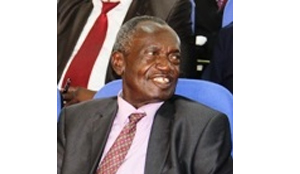THERE is no doubt that water supply and sanitation in Zambia has had its share of achievements just as it has equally faced challenges.
Some of the achievements are obviously the creation of commercial water utilities, especially for all urban areas, which have replaced service provision by the councils.
Another notable achievement in the water and sanitation sector has been the establishment of a regulatory agency, National Water Supply and Sanitation Council (NWASCO).
NWASCO is credited for substantially improving the availability of information on water and sanitation service provision in towns and cities.
The body is also responsible for the establishment of a devolution trust fund to focus donor support on poor townships, as well as an increase in access to water supply in the rural areas.
It is largely because of these initiatives that Local Government and Housing Permanent Secretary Stanford Mschili said the water supply coverage in the country had increased to 67 per cent in the rural areas and 87 per cent in urban areas. This is an increase from the 2010 levels when NWASCO and the United Nations put the figures at 46 per cent for rural and 78 for urban areas.
Despite these achievements, however, challenges remain, among which is erratic water supply in many urban settlements, which water utility firms blame on the low rate of cost recovery even where water tariffs have been increasing. This leads to yet other challenges, and these include insufficient progress in increasing access to sanitation and a high level of non-revenue water in urban areas. Meanwhile, reports from rural areas indicate a high rate of non-functioning rural water systems (especially manual pumps), and insufficient investment levels despite substantial foreign aid.
Hence the need to invest in the growth of the water utility companies to enable them meet the growing demand for their services due to the ever-growing population, as Mr Msichili says.
In line with this is the hope that development of the Water Supply and Sanitation Policy by the Ministry of Local Government and Housing, which has reached an advanced stage, will further increase water supply levels.







